Piotr Zawadzki
Nascimento : 1949-07-08, Warsaw, Poland

Sound Editor
Karol, um cabeleiro polaco e Dominique, a sua esposa, mudam-se para Paris. O casamento desmorona-se e divorciam-se. Karol perde tudo após o divórcio e torna-se num mendigo, recusando actos ilícitos para ganhar dinheiro. Após conseguir finalmente regressar ao seu país, tenta refazer a sua vida, embora nunca tenha esquecido Dominique.
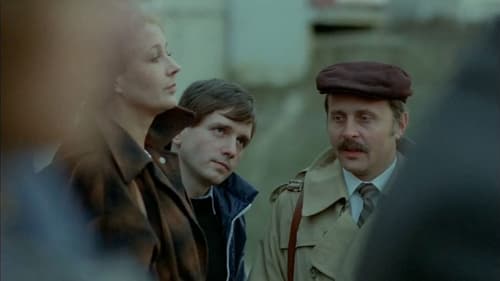
Sound
A young architect is locked up in prison. He recalls his uncompromising youth and gradual sliding into the moral swamp of compromises. He was not alone. A group of his friends, dreamers and glass house builders, accompanied him.
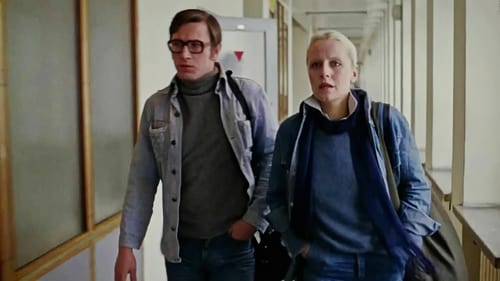
Sound
Um trabalhador comum que se torna um “homem de ferro” forjado pela experiência, um filho que faz as pazes com seu pai, um casal que se apaixona, um repórter buscando coragem para mudar sua vida e uma nação inteira passando por duras mudanças. Esses são os ingredientes deste filme de Andrzej Wajda, continuação de o “Homem de Mármore” (1977). Na Varsóvia de 1980, o Partido Comunista envia Winkel (Marian Opanian), um repórter alcoólatra e frágil, até o distrito de Gdansk, para descobrir os podres que estariam por trás das greves nos portos. Um dos focos principais dessa investigação seria o jovem Maciej Tomczyk (Jerzy Radziwiłowicz), um articulado trabalhador cujo pai foi morto durante os protestos de Dezembro de 1970. Fingindo interesse e simpatia, Winkel entrevista diversas pessoas que conhecem Tomczyk, incluindo sua esposa, a presidiária Agnieszka (Krystyna Janda). Ao fazer isso, Winkel se depara com uma realidade diferente da que ele imaginava.
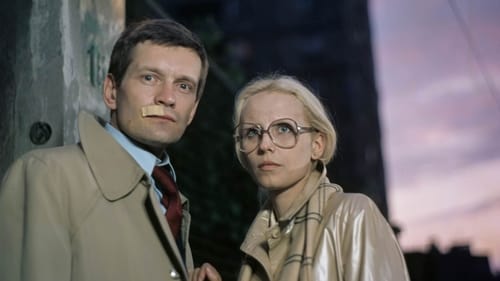
Sound
A violinist in a provincial Polish orchestra, whose husband is the director of the ensemble, on a visit to the US ties up with the world- renowned symphony conductor. As it turns out he was once in love with violinist's mother. The conductor, a slightly unstable hypochondriac, returns to Poland to lead the provincial orchestra. He also tries to revive old love affair using the violinist as a surrogate of her mother. Her husband is resentful of the conductor for both personal and professional reasons.
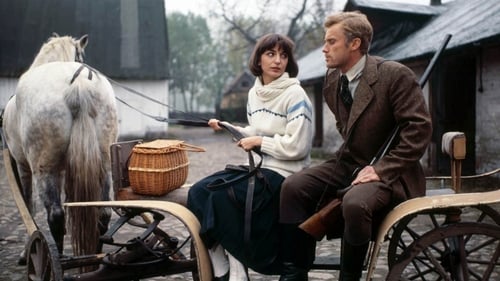
Sound
Set in the late '20s. A thirtyish young man, who heads a small factory, faints at the funeral of a close friend. He decides to go home to his aunt and uncle for a while, but gets involved with a family of five women who had been in love with him at one time though he had apparently loved only one, who, unknown to him, has died since his departure. The women are mainly disillusioned with life or estranged from husbands while the youngest has a crush on him.

Sound
A famous Polish journalist presents a problem for the powers-that-be when he displays his full political skill and knowledge on a television show featuring questions and answers on a world conference by a panel of journalists. His enemies take away his privileges when he is away. The shock of being "unwanted" parallels a deeper disappointment in his private life: his wife has an affair with a jealous young rival, and after 15 years of marriage and two daughters wants a divorce. She offers no explanations as he tries to untie these problems himself. All the moves he makes are the wrong ones. He takes on drinking heavily with students eager to attend his seminar after discovering the class has been canceled. The journalist, once suave and commanding is reduced to silence.

Sound
Em 1976, uma jovem estudante de cinema resolve fazer um filme biográfico sobre um importante agitador do proletariado a partir de entrevistas com pessoas que o conheceram.
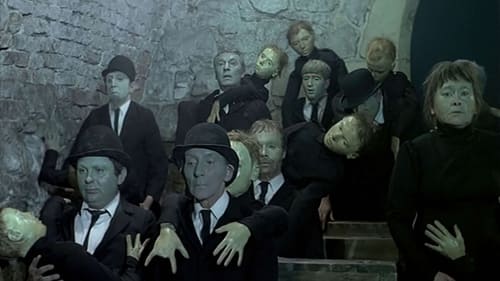
Sound
The Dead Class (1975), by Tadeusz Kantor and the Cricot 2 company, is considered one of the most innovative and influential works of twentieth-century theatre. The breakthrough first version of the production - performed to great critical acclaim, but only rarely seen live by audiences outside Poland - was documented on film in 1976 by the Oscar-winning director Andrzej Wajda.

Sound
Young former partisan recalls his war experience during a trip to the sea.







